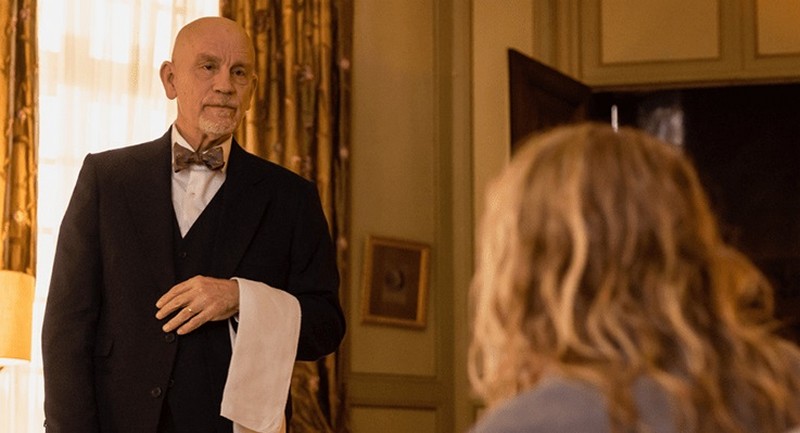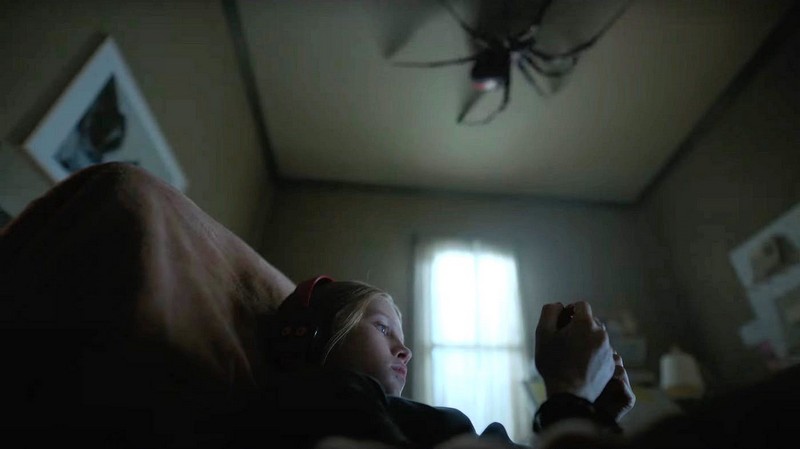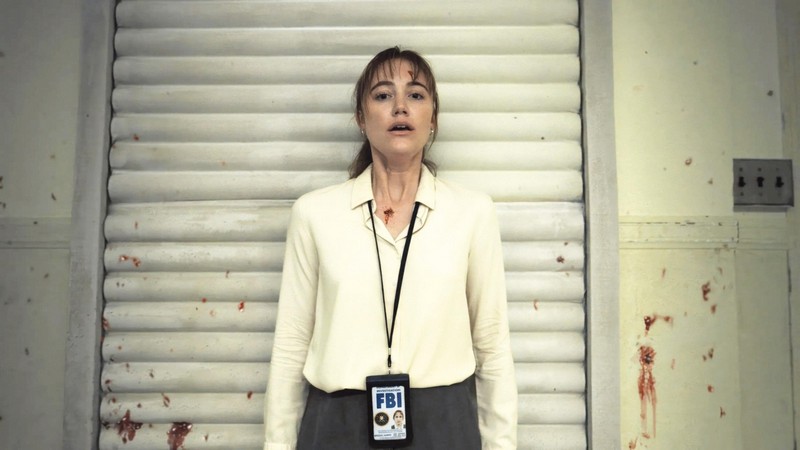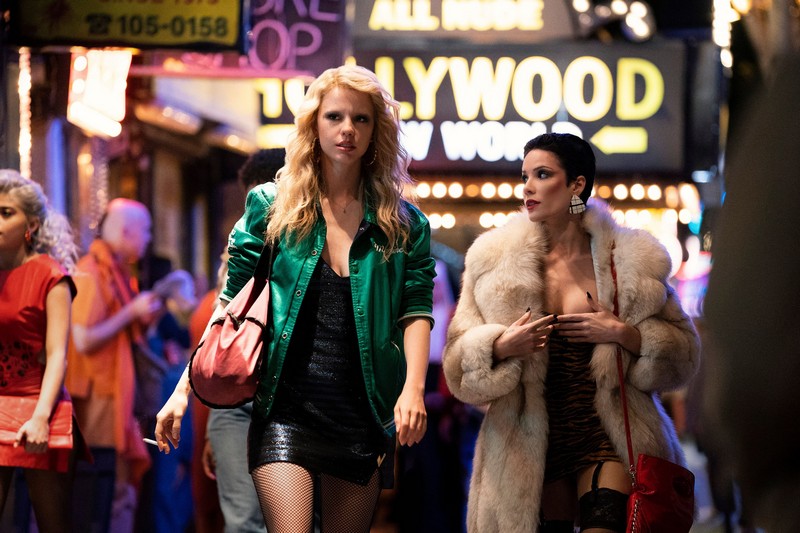Whatever else you might think about writer-director Damien Chazell’s first two films – Whiplash and La La Land – they definitely had a very clear narrative drive. And, even though it was grander in scope, you could say the same about his third film, First Man. But with Babylon, he replaces sharp linear narrative with a sprawling, discursive look at early Hollywood. While this is – as the subject-matter arguably demands – at times dazzling and hugely ambitious, it leads to a few missteps.
Chazelle draws on a number of sources for his epic. The most obvious (directly acknowledged in the film) is Stanley Dolen and Gene Kelly’s classic Singin’ in the Rain (1952), with which it shares at least part of the plot. Many of the big set-pieces echo Fellini. Although not specifically credited, the title – and several incidents in the film – also clearly nod to Kenneth Anger’s controversial book Hollywood Babylon (1959) – a book a famous for its fallacies as its facts. But that, of course, is part of the point.

Babylon centres around the seismic changes wrought by the transition from silent films to “talkie” – and some of the things that didn’t change. Those shifts are explored through five main characters – aging A-list star Jack Conrad (Brad Pitt); rising starlet Nellie LaRoy (Margot Robbie); likeable everyman Manny Torres (Diego Calva), extroverted cabaret performer Lady Fay Zhu (Li Jun Li) and jazz trumpeter Sidney Palmer (Jovan Adepo). Some of these characters are based in real life – Jack is based in silent star John Gilbert, while Nellie is an analogue of Clara Bow – but some (like Manny) are entirely fictional. On the periphery are characters like Hedda Hopper clone Elinor St John (Jean Smart).
It’s kind of pointless to even begin to describe the plot to this film because its five-strand narrative is simply too broad to capture in a review. Suffice to say that over the film’s 3 hours, Chazelle gives us a love story of sorts, a sad decline, careers ruined by prejudice and a lot of wild excess. The film opens and closes (just about) with two extraordinary scenes. But in the course of charting the deep problems with the Hollywood of the era (and now?) he hits a few flat spots.
Key among the film’s flaws is that Chazelle falls for the modern scourge of “multiple endings syndrome”. The final half-hour has at least two natural spots where the film could have ended in a satisfying way – but Chazelle presses on regardless. I was more than a little frustrated as a result. He also includes a Dante-inspired descent into a literal hell that serves little or no narrative purpose; and he makes the same point (especially with the Jack Conrad character) several times over. And for such a lengthy film, the way Chazelle deals with the racism and sexism of the era is surprisingly perfunctory.
Although you’ve probably got the idea by now, Babylon contains a lot of rather shocking stuff – sex, drugs, nudity, projectile vomiting (didn’t we get enough of that in Triangle of Sadness?) and elephant poop all make an appearance at some point. So if you’re sensitive to that stuff, be warned.
All that said, Babylon is a big swing for the fences. Yes, parts of it didn’t work – but many do. As mentioned, Chazelle is still capable of remarkable work, and the film showcases many remarkable scenes. Linus Sandgren’s (No Time to Die) cinematography is ravishing. Chazelle is well-known for his love of jazz, and the music plays a key role thanks to Justin Hurwitz’s propulsive score. And the cast are generally excellent – even though Margot Robbie easily out-acts Brad Pitt (although in fairness she has the much more substantial role). I would however give a special shout-out to P. J. Byrne (Bombshell) who gives an exquisitely manic performance as an assistant director on the studio lot.
Babylon is a real mixed bag of a movie. When it’s good, it’s great. But when it isn’t, it becomes hugely frustrating – at least it did for me. Do the highs outweigh the lows? I guess that probably depends on how much you love the movies. If you have some knowledge about silent movies and Hollywood before the Hayes Code, you’ll probably get a lot out of it. But if that’s not the case, I suspect you might find it a somewhat difficult experience.
David Edwards
Other reviews you might enjoy:

David Edwards is the editor of The Blurb and a contributor on film and television





